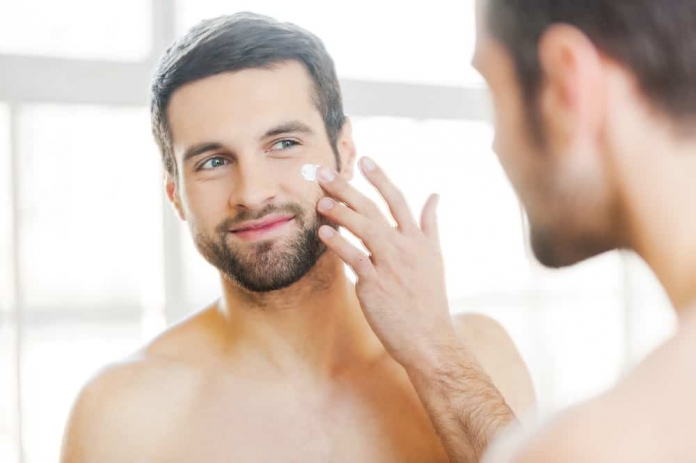Acne is common but unpleasant because it affects your appearance. When acne heals, it may leave scars on your skin. People try to treat them in many ways based on some myths. Let’s discover myths and misconceptions about acne scar treatment.
Going out in the sun without protection can help improve the scar?
Misconception: Some people think that sunlight can help with the acne scars. Exposing the scars to the sunlight can help the pink scars turn brown and blend in better.
Fact: However, UV radiations from the sun can stimulate the melanocytes under the skin. This darkens the scar and slows the healing process. Going out in the sun can also increase the risk of sunburn and skin cancer.
Solution: You should protect your skin from the sun. Do not go out between 10 a.m. and 2 p.m. Before going out, put on sunscreen with SPF 30 or higher. The longer you stay in the sun, the higher SPF your sunscreen needs. Also, choose broad-spectrum sunscreen since this type can help protect your skin against both UVA and UVB. And because sunscreen cannot protect your skin 100%, you should wear long-sleeved shirt, long pants, mask, and hat if you go under the sun.
Applying vitamin E on the scar can help it fade?
Misconception: Vitamin E can help the scars heal faster and better.
Fact: Applying vitamin E directly on the scar does not help in the cosmetic appearance of scars. This action even hinders the healing process and leads to contact dermatitis.
Solution: You can try some nutrients that are proven to help improve scars such as vitamin C. Vitamin C is an antioxidant that can help speed wound healing and reduce scars.
Exposing the scar to the air can promote the healing process?
Misconception: Let the scars air out can help they heal better.
Fact: Covering the scars instead of exposing can help protect them from dirt, bacteria, irritations and keep it hydrated. The scars can heal better when you moist it properly.
Solution: Cover acne scars with a medical bandage. You can also use an antibiotic cream to keep it clean and hydrated.
All scars will fade over time without treatment?
Misconception: You do not need to treat scars. They will disappear over time themselves.
Fact: Keloid scars, hypertrophic scars, and scars left after infected acne may not heal if you do not apply special treatment.
Solution: Some types of scars do not fade over time, but treatment such as surgery, or light therapy can help they become less visible.
Picking at scabs can minimize the scar?
Misconception: You may think that picking at the scabs can help the acne heal faster and minimize scars.
Fact: After you pick a pimple, your body starts to heal the wound. White blood cells go to the affected area and attack bacteria. Red blood cells, fibrin create a blood clot at the wound and after that scabs are formed. If you pick at the scabs, you may open the wound again, expose it to dirt and bacteria. This can cause large and severe scars.
Solution: Do not pick at scabs. Let them heal naturally, then they will go away after a few days.
Treating acne scars is always one of the most distressing issues in acne treatment. However, you should follow the medically proven methods for safe and effective healing process.
Source: Article contributed by hellodoktor.com.
Read also: Can Birth Control Pills Improve Acne?









